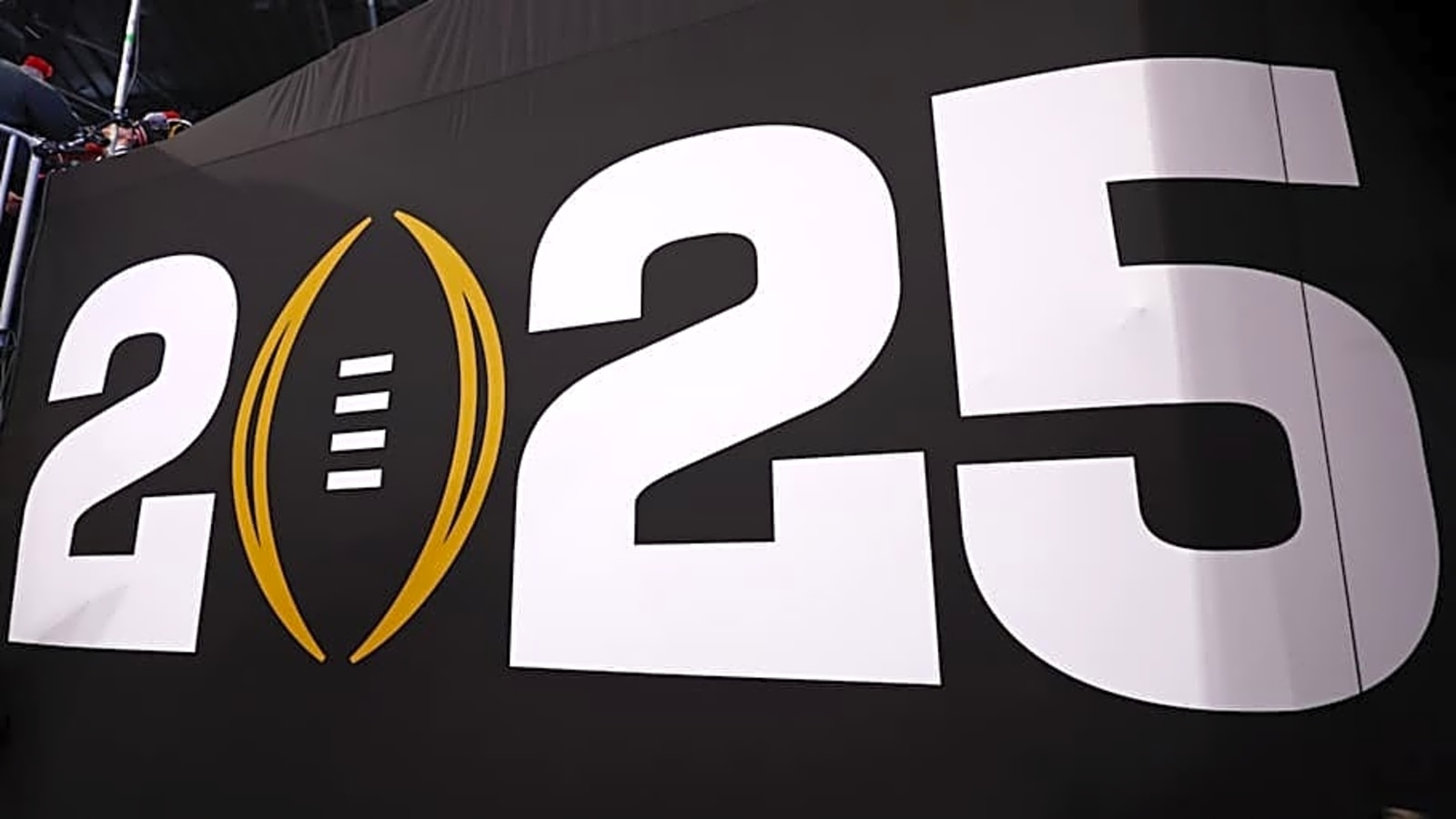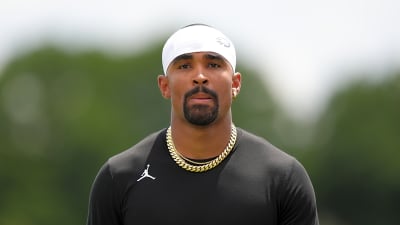
The College Sports Commission reported Thursday that more than 8,000 name, image and likeness deals have been approved since mid-June, totaling nearly $80 million. The announcement signals the first major checkpoint under the House v. NCAA settlement, which established new rules for revenue sharing and third-party NIL oversight.
The report also noted that 332 deals were submitted and rejected during the same period, with more than 3,000 approvals coming in the final 11 days of August alone. Some NIL agreements have reached individual values of $1.6 million, underscoring the scale of opportunities available to athletes.
CSC chief executive officer Bryan Seeley described the system as “working as intended,” citing strong engagement from more than 28,000 registered athletes. He emphasized that the process is designed to create transparency and fairness in an evolving NIL marketplace.
Collectives Raise Concerns Over Delays And Transparency
Not everyone views the rollout as seamless. The Collective Association, which represents dozens of NIL collectives tied to schools across the country, says millions in athlete earnings are stuck in limbo. According to the group, more than $11 million in deals have been held up by slow approvals and inconsistent guidance from the CSC.
Data collected from 25 collectives showed 384 deals submitted, with 120 rejected and nearly 200 still awaiting a response. The average deal size was about $29,000, highlighting the financial stakes for athletes who rely on timely approvals.
The CSC says nearly $80M in NIL deals have been approved so far (including school deals, endorsements, etc.)
— Stewart Mandel (@slmandel) September 4, 2025
But collectives say they have $11M in deals sitting in limbo.
Story from @ralphDrussoATHhttps://t.co/YQGrtgjtcShttps://t.co/YQGrtgjtcS
The association says feedback from members across conferences, including the SEC, Big Ten and ACC, has been unanimous: the system lacks speed, transparency and reliable support.
Concerns include how fair market value is determined, uncertainty over international athletes, and confusion about how to handle opportunities that can arise suddenly from in-game performance. Collectives argue that slow or unclear rulings threaten the very opportunities NIL was intended to unlock.
Growing Pains Of A New Enforcement Era
The CSC, launched in June following final approval of the House settlement, was created by power conferences to enforce revenue-sharing limits and regulate NIL deals. Its NIL Go platform, managed by Deloitte, is the central clearinghouse for contracts above $600 in value.
Guidance has already shifted since the commission’s launch. Initial rules that barred collective-backed deals as invalid business purposes were walked back after pushback from operators and attorneys. Now, deals involving collectives are considered valid if they promote for-profit goods or services, creating a case-by-case review process.

To improve the system, the Collective Association has recommended adding a help desk, creating deal-tracking tools, clarifying fair market value standards and addressing issues for international athletes. They also proposed an oversight task force that includes athletes and collective representatives.
The CSC is still building staff to handle the heavy volume of submissions. With more than 8,000 approvals in less than three months, the system has moved quickly by scale, but the disputes over speed and clarity show the next stage of reform is far from settled.
How these early tensions are resolved will help define the future balance of power between athletes, schools and collectives in the post-settlement era of college sports.
Read more on College Football HQ
More must-reads:
- Picking each MLB team's MVP
- Kings in no rush to shop former No. 8 overall pick
- The 'Longest receptions of the 2024 NFL season' quiz
Breaking News
Trending News
Customize Your Newsletter
 +
+
Get the latest news and rumors, customized to your favorite sports and teams. Emailed daily. Always free!








